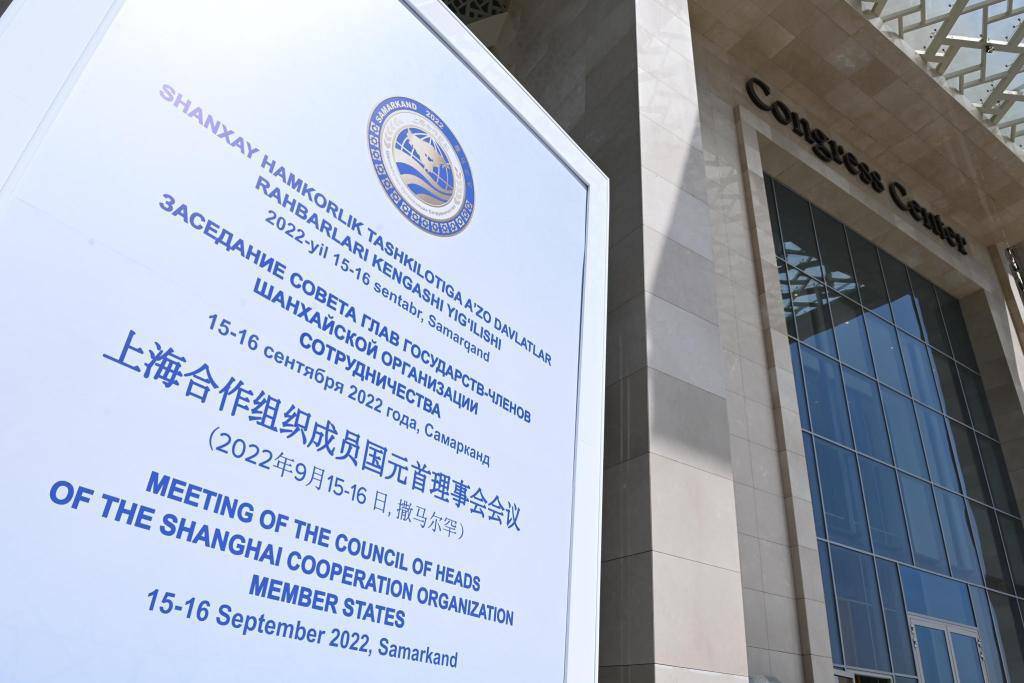


This, in particular, is evidenced by the solid package of documents prepared for signing following the summit, aimed at ensuring regional stability and security, strengthening connectivity, and sustainable economic development in the vast SCO space.
Undoubtedly, the SCO Summit in Uzbekistan, which will mark the beginning of a new era in the development of the Organization, is symbolic. As is known, the “Shanghai Five”, which is the predecessor of the SCO, was created in 1997 to resolve the border issues of Central Asian countries with China and Russia. Thus, the SCO was formed around Central Asia and was aimed at resolving issues that primarily affected the region.
An objective process of enhancing the friendly family of the SCO took place as the Organization became institutionalized and developed. Despite this, Central Asia remains the geographical core of the SCO. There is a complete understanding among the Member States that ensuring stability and sustainable development in Central Asia is a guarantee of security and progressive movement forward for the entire vast space of the Organization.
In particular, in the Declaration of the Dushanbe Summit (2021), the member states unanimously declared their support for the recent efforts by the Central Asian countries to ensure sustainable development and the formation of a space of trust and friendship in the region, supported the idea of expanding the active role of the SCO in further strengthening stability and socio-economic development.
The participating countries also welcomed the holding of regular consultative meetings of the heads of state of Central Asia. In a relatively short period, this mechanism, initiated by the President of Uzbekistan Shavkat Mirziyoyev in 2017, has shown its relevance as an effective platform for confidential and constructive discussion and coordinated solutions to common problems of Central Asian countries.
In my opinion, the SCO has played an important role in the development of regional processes in Central Asia. It has made a significant contribution to strengthening regional consensus. In the early 2000s, the SCO provided the countries of Central Asia with a highly demanded platform for exchanging views on the most pressing issues on the Central Asian agenda. This contributed to maintaining a regular dialogue at the multilateral level with the participation of the Central Asian Quartet in various formats.
Against the background of the presence of three evils – terrorism, extremism and separatism, the SCO also contributed to the preservation of peace and stability in the region. An important mechanism in this direction has become the Regional Anti-Terrorist Structure of the SCO, headquartered in Tashkent. Thanks to its coordinating work, the competent authorities of the SCO countries prevent the manifestation of these three evils.
In short, the Shanghai Cooperation Organization has played an indispensable role in strengthening Central Asian regionalism. At the most difficult moments, it united the Central Asian countries to solve their common problems. Undoubtedly, the SCO’s support for the process of regional cooperation in Central Asia is important for turning the space of the Organization into a zone of stability, mutually beneficial development and effective cooperation.
Marat Aitov,
Head of Department at the Institute for Strategic and Regional Studies under the President of the Republic of Uzbekistan.
UzA